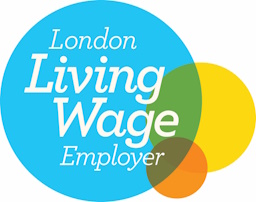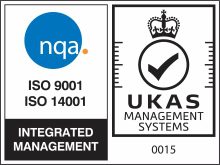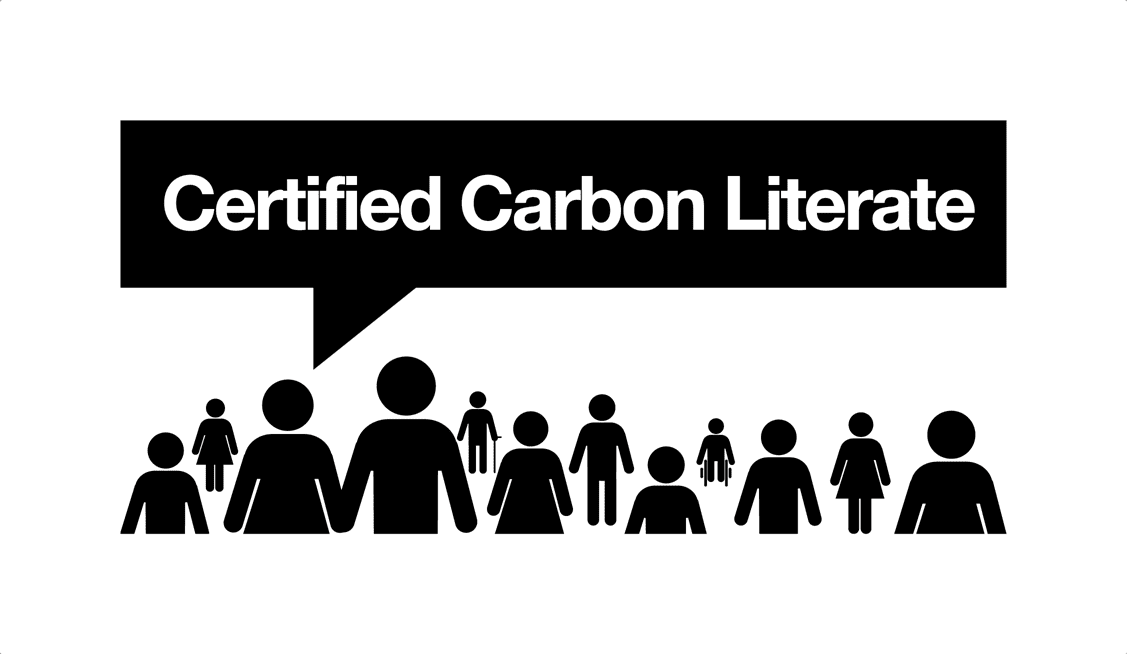Last week, the Office of Gas and Electricity Markets (Ofgem) announced an increase of 54% in the price cap which will take effect from 1 April 2022. The increase means that people on default tariffs paying by direct debit will see a rise of £693 from £1,277 to £1,971 per year. Prepayment customers will see a rise of £708 from £1,309 to £2,017.
The price cap is put in place in order to stop energy companies from making excessive profits as well as ensuring that customers pay no more than a fair price for their energy. The increase is driven by a record rise in global gas prices over the last six months, especially as wholesale prices have quadrupled within the last year. In April, energy companies will be able to pass on these higher costs onto customers as they cannot afford to supply electricity and gas to customers for less than they have paid for it.
Sara Williams, CEO of Staffordshire Chambers of Commerce said: “The lack of support announced for businesses who will be struggling to keep up with the rising costs of energy prices, inflation and cost of raw materials is disappointing. Smaller firms don’t have the protections or financial support which has been provided to households, nor do they have the negotiating power of larger businesses.
“Businesses will be left with no choice but to pass these costs onto their customers in the form of price rises which will further fuel the cost-of-living crisis as well as drive surging inflationary pressure. Chambers across the network have urged the government to provide the necessary measures to support businesses which will, in turn, support the economic growth of the economy.”
It is now crucial that the government uses the Chancellors rebate and clawback scheme for small firms as well as delay the impending rise in national insurance in order to support businesses who are facing extreme pressure.
If you are facing any challenges due to the energy crisis or would like further information or advice, get in touch with rhouda.elalfy@staffordshirechambers.co.uk.
The government must now push its low-carbon energy strategy by supporting the economy on issues such as energy efficiency and securing suitable energy storage which will stabilize energy prices in the future. The strategy aims to reduce energy demand and prioritises choosing low carbon solutions in order to minimise the impacts of climate change and to reduce operating costs.
Reducing carbon emissions can often help businesses save time and money as well as help them to play their part in creating a greener and healthier world. Staffordshire Business and Environment Network (SBEN) have created a carbon tracker tool to help assist businesses with tracking and implementing actions to reduce carbon emissions. You can find out more by clicking here.
Businesses can now also apply to take part in SBENs Carbon Literacy Training by clicking here.
For further information on carbon literacy and creating a low-carbon energy strategy for your business, get in touch with alison.landon-gallimore@staffordshirechambers.co.uk.













You must be logged in to post a comment.